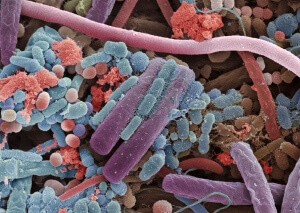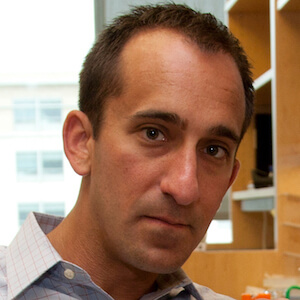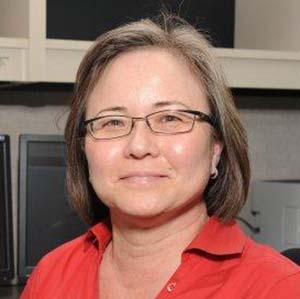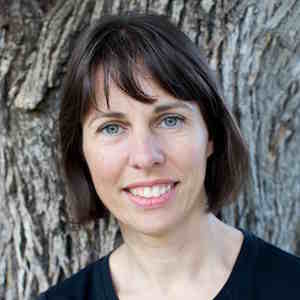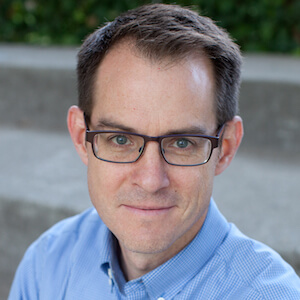Session Abstract – PMWC 2017 Silicon Valley
Session Synopsis: We will explore the latest developments in the human microbiome, including efforts to discover the molecular mediators of microbe-host interactions; the role of diet; the future of fecal microbiota transplant; and emerging themes for the coming second wave of microbiome-oriented companies.
Session Chair Profile
Associate Professor in the Department of Bioengineering and Therapeutic Sciences at UCSF; Member of the California Institute for Quantitative Biosciences (QB3)
Biography
Michael Fischbach is a recipient of the NIH Director’s New Innovator Award, a Fellowship for Science and Engineering from the David and Lucille Packard Foundation, a Medical Research Award from the W.M. Keck Foundation, a Burroughs Wellcome Fund Investigators in the Pathogenesis of Infectious Disease award, a Glenn Award for Research in Biological Mechanisms of Aging, and the Young Investigator Grant for Probiotics Research from the Global Probiotics Council. His laboratory uses a combination of genomics and chemistry to identify and characterize small molecules from microbes, with an emphasis on the human microbiome. Fischbach received his Ph.D. as a John and Fannie Hertz Foundation Fellow in chemistry from Harvard in 2007, where he studied the role of iron acquisition in bacterial pathogenesis and the biosynthesis of antibiotics. Before coming to UCSF, he spent two years as an independent fellow at Massachusetts General Hospital coordinating a collaborative effort based at the Broad Institute to develop genomics-based approaches to the discovery of small molecules from microbes. Fischbach is a member of the board of directors of Achaogen and the scientific advisory boards of NGM Biopharmaceuticals and Indigo Agriculture, and is a co-founder of Revolution Medicines.
Speaker Profile
Ph.D., Program Director, Human Microbiome Project
Biography
As Program Director, Dr. Proctor is responsible for coordination of the Human Microbiome Project (HMP). The HMP is an eight-year, trans-NIH Common Fund Initiative to create a toolbox of resources for this emerging field. Resources developed so far include bacterial, viral, and fungal strains and their genome sequences, data gathered from these studies developed as community resources, and computational tools used to analyze these complex data sets. Dr. Proctor joined the Division of Genomic Sciences in the Extramural Research Program in 2010. Prior to this she served as Program Director at the National Science Foundation (NSF) in the Geosciences and the Biosciences Directorates, where she managed microbiological, bioinformatics and research resources programs. She is formally trained in microbial ecology, was a National Science Foundation (NSF) Postdoctoral Fellow in molecular microbial genetics at the University of California, Los Angeles, and has held appointments at Florida State University and at the University of California, Santa Cruz.
Speaker Profile
Ph.D., Senior Research Scientist, Stanford University School of Medicine
Biography
Dr. Erica Sonnenburg is interested in the role of diet on the human intestinal microbiota with a specific emphasis on how the quantity and various structures of dietary carbohydrates influence this community. She is also interested in how the microbiota is transmitted over generations and how the modern Western diet has influenced the transmission of gut microbes over time. The mechanisms by which the “Western” microbiota influences the propensity and severity of non-communicable diseases is also of interest. Dr. Sonnenburg’s previous research at the University of California, San Diego focused on how human cells perceive outside signals and translate them to affect cellular processes such as cell growth and division and her fellowship at the Salk Institute used X-ray crystallography to determine the three-dimensional structures of key signaling proteins. Her training in microbiota science was in the laboratory of Jeffrey Gordon at Washington University, St. Louis.
Speaker Profile
Ph.D., Associate Professor, Department of Microbiology and Immunology, Stanford University School of Medicine
Biography
Justin Sonnenburg, PhD, is currently an associate professor in the Department of Microbiology and Immunology at the Stanford University School of Medicine, where he studies the gut microbiota in health and disease. In 2009 he was the recipient of the NIH Director’s New Innovator Award. In 2011 he received the Burroughs Wellcome Fund Investigators in Pathogenesis of Infectious Disease Award. He and his wife Erica, are the authors of the book The Good Gut: Taking Control of Your Weight, Your Mood, and Your Long-Term Health.

